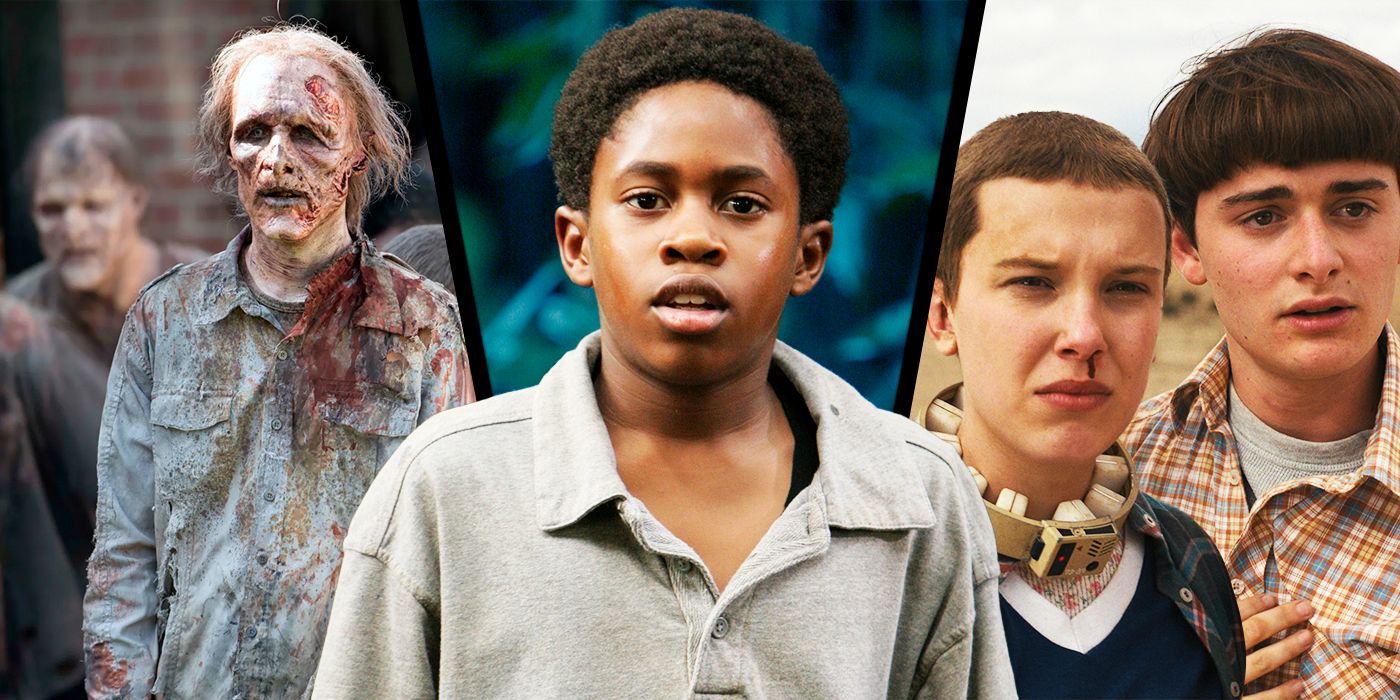
A show can effectively captivate its audience by planting seeds of intriguing storylines, character developments, and mysteries early on to create anticipation for future payoffs. However, not every series manages to fulfill these initial promises consistently. Unfortunately, some plotlines introduced in the first season may be left unresolved or discarded without a proper explanation, which can frustrate viewers. This phenomenon is more common than one might think, as many TV shows are still finding their footing during their early seasons.
Often, television series experience creative shifts, along with backstage turmoil, which can be quite distressing. Sometimes, financial constraints are imposed, or there are revisions in the writers’ room that significantly alter the storyline’s trajectory. When these initial plans are discarded, viewers find themselves puzzled and questioning the series’ developments.
Quinn Evolves Without Ever Acknowledging Her Pregnancy
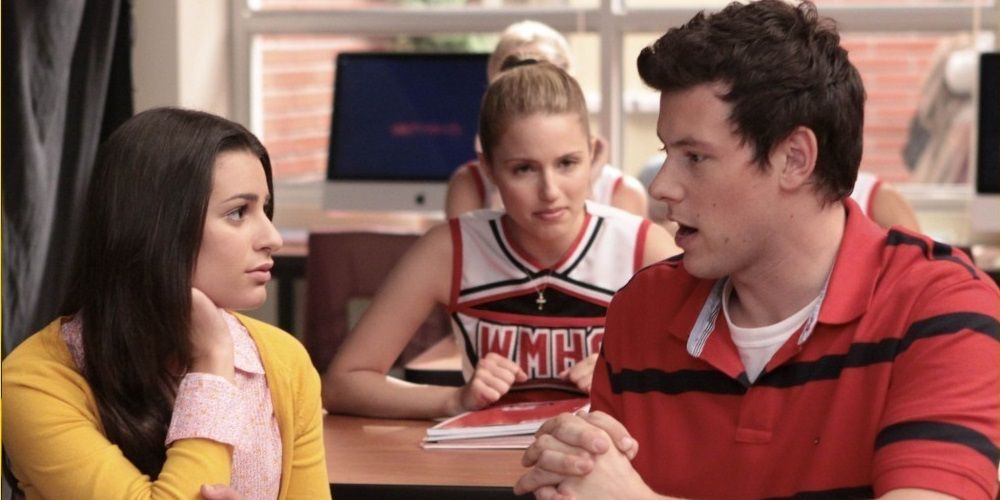
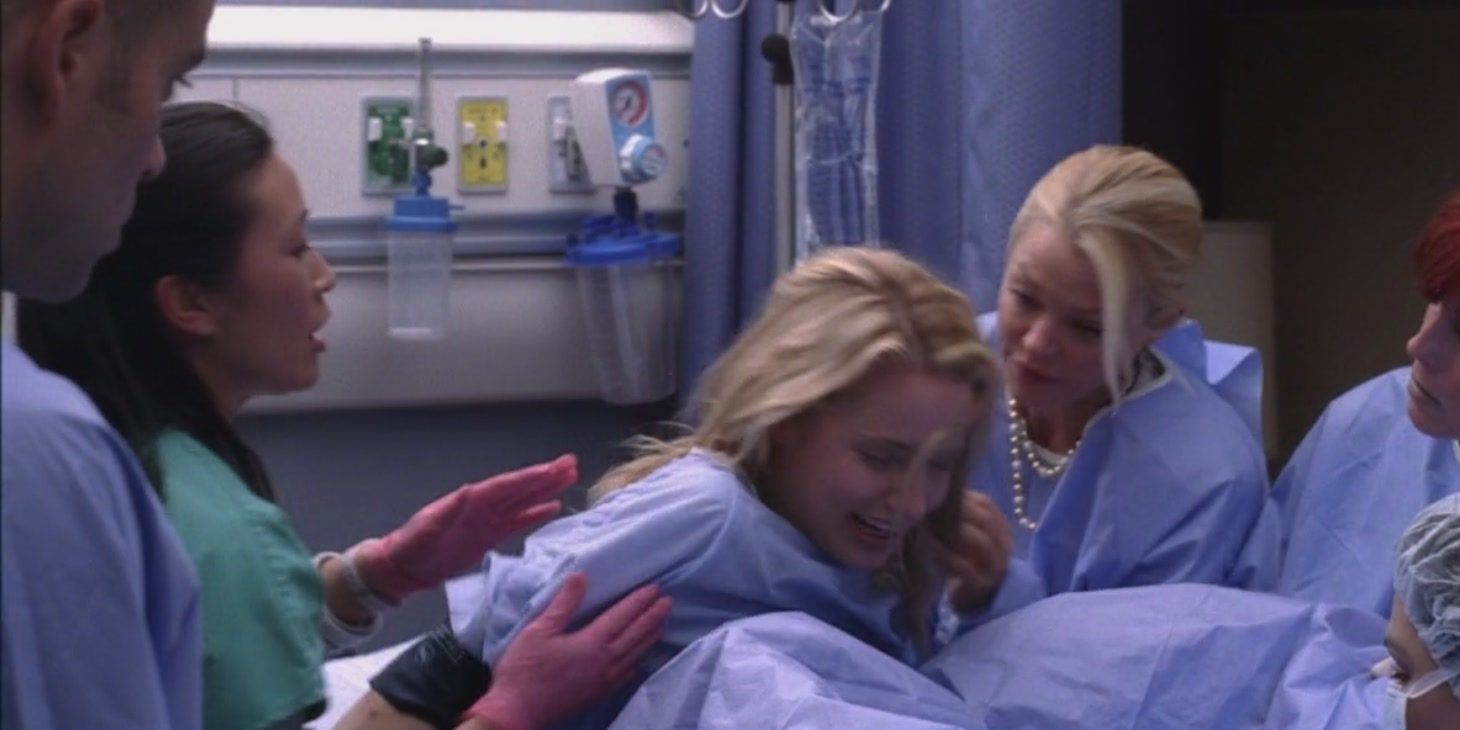


In the initial season of “Glee,” Quinn Fabray’s unanticipated pregnancy serves as a significant plotline. This unexpected turn of events generates much drama, particularly among Quinn, Puck, and Finn. The event significantly impacts Quinn’s relationships, social status, and self-perception. Eventually, she chooses to place the baby up for adoption, and the series suggests that this choice will have profound effects on her future.
Following the end of Season 1 for “Glee”, the series significantly shifts focus from Quinn’s storyline. Upon her return to everyday life, there are minimal discussions about her past experiences. Despite encountering new hurdles and character development, her pregnancy is seldom, if ever, revisited. Fans anticipated a more in-depth examination of her emotional progression, reunions, or wrestling with regret. However, “Glee” swiftly transitioned to brighter, more spectacular storylines, neglecting to fully resolve this significant plot arc.
Non-Sensical Twists Take Over the Show & Fall Flat
As “Under the Dome” initially aired, it introduced a chilling, suspenseful premise: a secluded town found itself enclosed under an inexplicable, transparent dome. The first season subtly alludes to supernatural entities, extraterrestrial influence, and secretive human experiments. Mysterious symbols and enigmatic visions hint at the dome concealing some form of intelligence or purpose. However, as the series progressed, it abandoned its slow-burn, tension-filled mystery style, losing what truly set it apart.
Instead, Under the Dome veers off into disorganized narration, featuring mind manipulation schemes, peculiar cult behavior, and unexpected character demises. Extravagant and unnecessary emotional turmoil overshadows the show’s initial allure of revealing a profound secret. Viewers who appreciated the first season’s suspenseful atmosphere should prepare for a significant shift in storytelling, leaning towards illogical surprises. Regrettably, what started as an engaging sci-fi enigma ends up being one of TV’s most disheartening failures.
Each Riverdale Season Tests A New Plotline
The show was marketed as a mysterious, fashionable murder thriller, drawing inspiration from the Archie Comics world. In its first season, it delves deeply into the surprising demise of Jason Blossom, subtly suggesting a more sinister, possibly supernatural presence lurking beneath the town’s veneer. Cheryl Blossom speaks of eerie dreams, cult-like symbols emerge, and the town’s troubling past hints at this narrative thread continuing into future seasons.
In my opinion, this series veers off course, delving into progressively strange and disjointed storylines that leave viewers scratching their heads. From organ-harvesting cults to time leaps and parallel dimensions, each new season brings fresh, outlandish concepts, but fails to provide satisfying resolutions for the initial mysteries established in the first season. Those who immersed themselves in the meticulously crafted ambiance and tone of Season 1 might find themselves questioning why these early, promising premises were abandoned so swiftly.
The Lost Wannabe Series Suffers from Retroactive Continuity
Manifest kicked off with an enticing opening: Aircraft Flight 828 vanishes in mid-air, miraculously reappearing years later for its passengers as if no time had passed. The first season skillfully lays the foundation for scientific puzzles, government secrets, and the thought-provoking debate between destiny and personal choice. Additionally, the series subtly suggests possible divine intervention while maintaining a chilling aura of mystery.
As the series progresses, it delves more into enigmatic spiritual symbolism, “destinies” and supernatural lore, veering away from the tantalizing scientific mystery that Season 1 hinted at, such as clandestine experiments and quantum occurrences. The intrigue left hanging in the air fades beneath a growing tapestry of mystical narration. Efforts to connect the dots often come across as forced attempts at retconning continuity. Those initially captivated by the realistic X-Files-esque enigma are now grappling with a show that appears less focused on answering its initial questions and more on posing new, increasingly incomprehensible ones.
Another Sci-Fi Show Completely Collapses Under Its Own Weight
Exploring a complex narrative interwoven with enigma, mythos, and pulse-pounding superhuman abilities, the series initially lays out significant foundations. The first season notably establishes Claire Bennet’s miraculous recovery, a catastrophic prophecy of a man’s self-destruction, and the ominous mandate “Save the Cheerleader, Save the World.” Additionally, it hints at the enigmatic “Company” manipulating events from behind the curtains, and Peter Petrelli’s prospective ascendancy to become the world’s most formidable being.
After the finale of “Heroes” Season 1, it seemed that the writers hadn’t fully mapped out a long-term plot. Consequently, the storylines started to fall apart rather quickly. By Season 2, the series was grappling with inconsistent writing and a narrative disrupted by the 2007–08 writer’s strike. Many of the thoughtfully constructed narratives from Season 1 were either hastily concluded, carelessly discarded, or poorly reworked. As such, “Heroes” served as a warning about a show that crumbled under the weight of its unrealized potential.
Will’s Powers Have the Potential for Another Story Arc
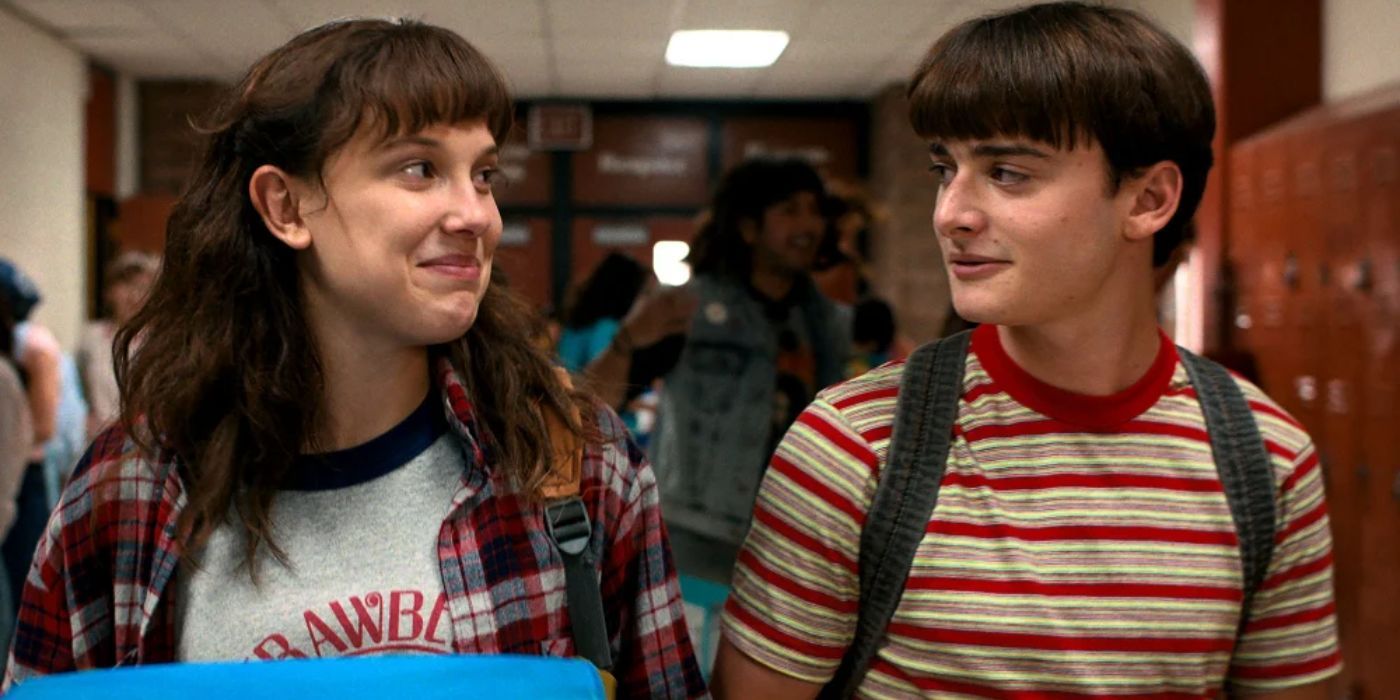
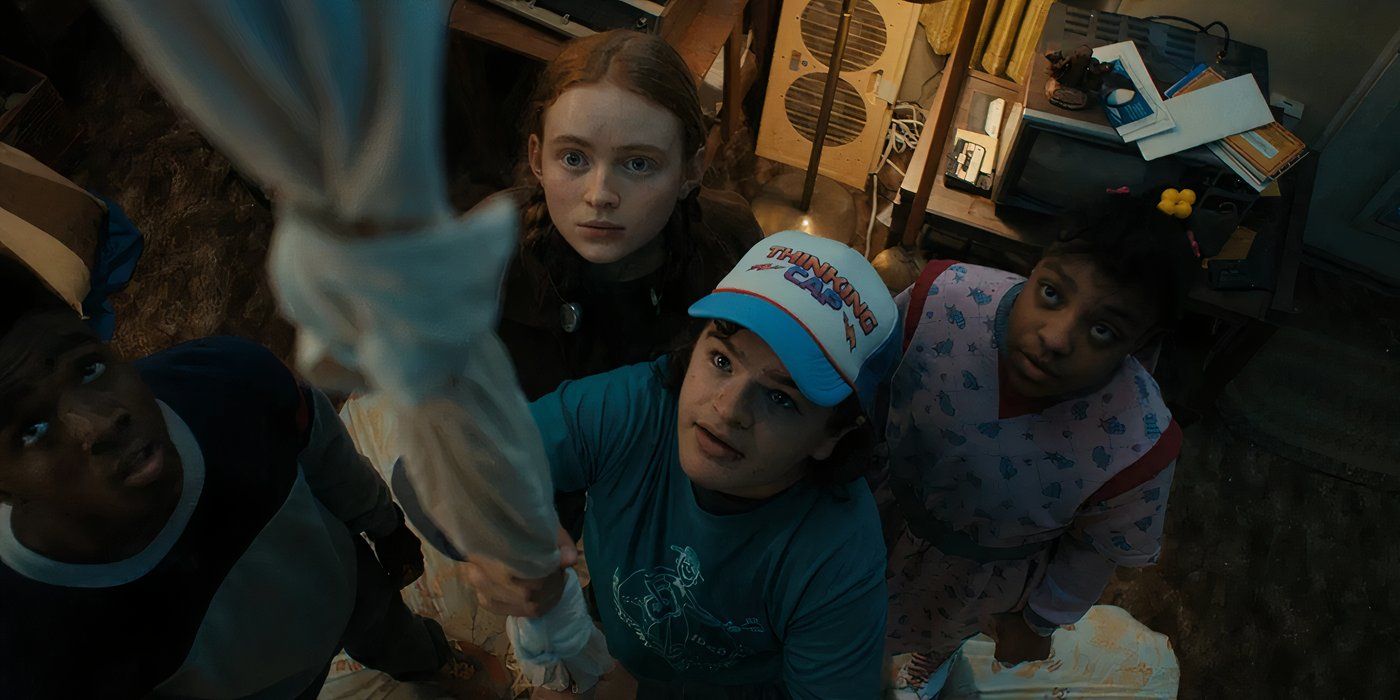
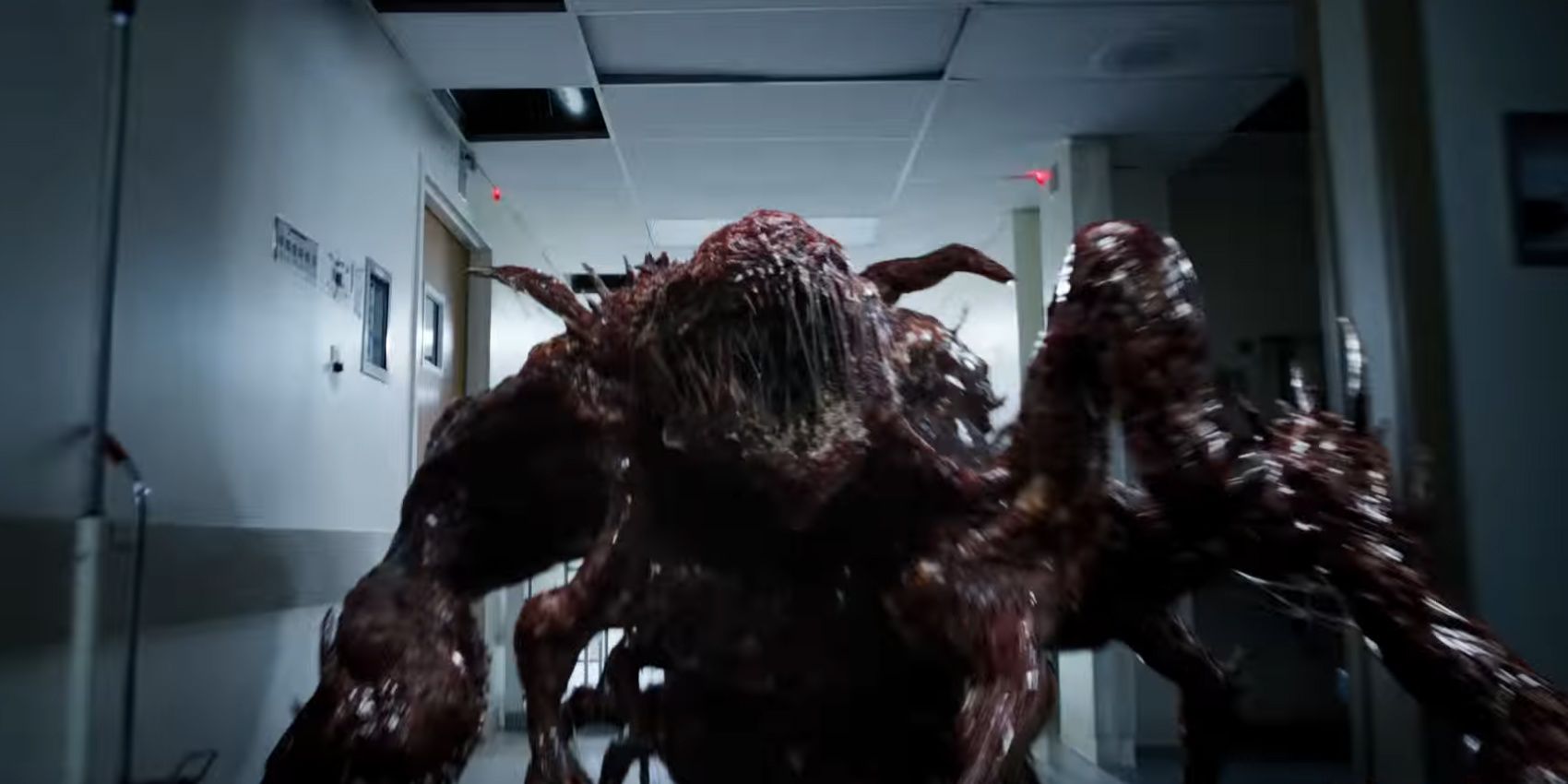
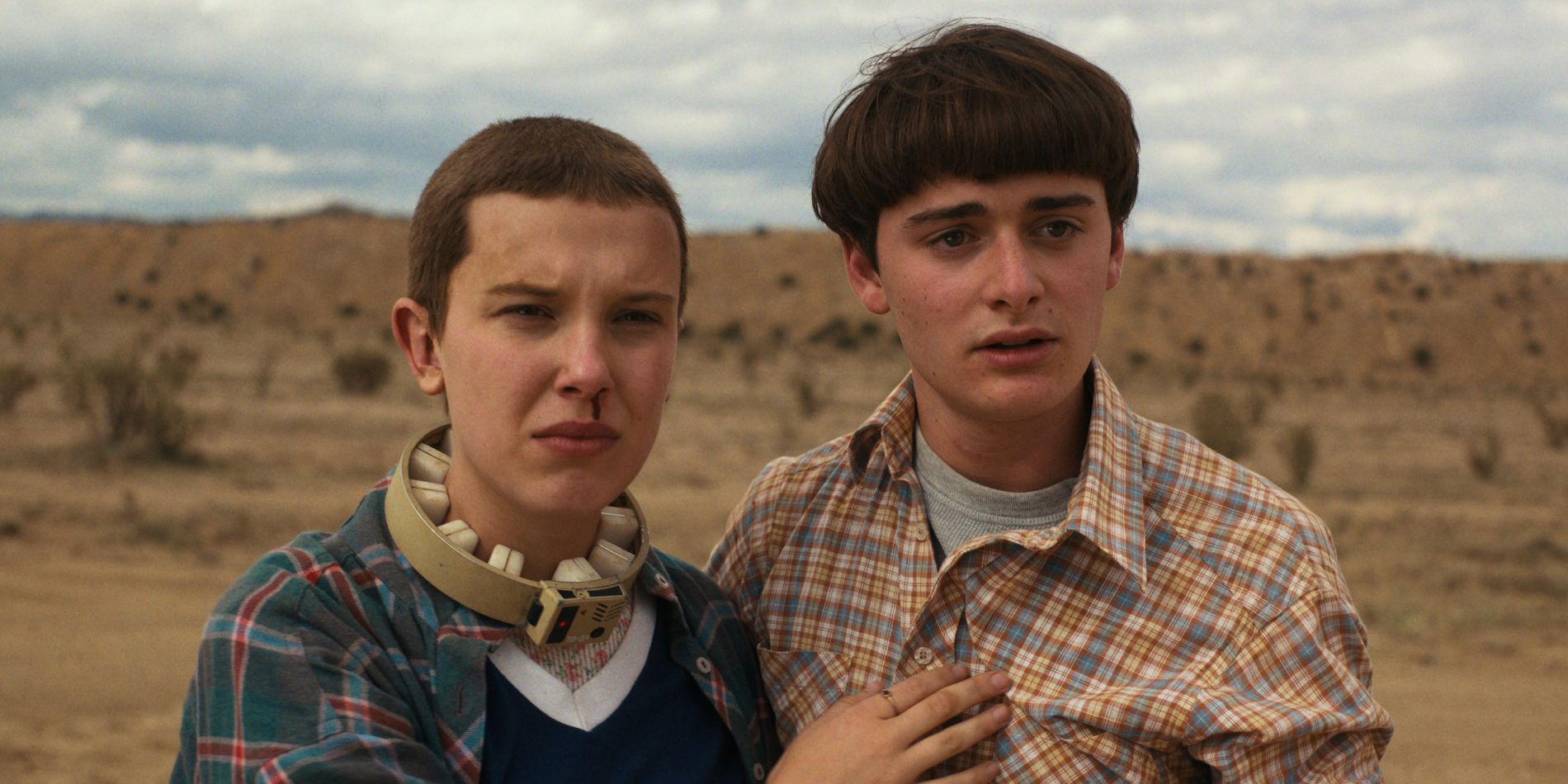
In the first season of “Stranger Things,” the key was found in the alternate realm known as the Upside Down. Upon his return, Will exhibited strange symptoms such as coughing up slugs, experiencing unsettling visions, and undergoing a noticeable change compared to the boy who initially disappeared. These occurrences hint that Will’s link to the Upside Down would play a significant role in the unfolding narrative. This ordeal might have equipped Will with a vital part in the battle against the encroaching darkness.
In the Netflix sci-fi series, I find myself observing a change in perspective, with Eleven and her abilities taking center stage. The narrative increasingly revolves around her, while my connection to the plot progressively diminishes. Although I still occasionally pick up on the Mind Flayer’s presence, the once profound bond hinted at earlier now feels like a subtle aspect of my character. A development that was initially built up as significant appears to have been subtly sidelined.
The Characters in Once Upon a Time Forget That They Are Magic
Initially, the tale Once Upon a Time presents an extraordinary concept: the townspeople of Storybrooke are actually enchanted fairytale characters unaware of their true selves. Throughout season one, tension mounts as audiences anticipate the turmoil that will follow when these characters recall their true identities. However, the resolution is more subdued than expected once the curse is lifted at the end of the first season.
Characters often adjust smoothly without much struggle, bypassing the immense mental burden of rebuilding a life left behind. While viewers expected personal turmoil, relationship changes, and profound emotional battles, these characters swiftly transition to fresh adversaries, distinct worlds, and larger magical dilemmas. It’s disheartening that the writers didn’t explore further the complex emotions they had thoughtfully established earlier.
Westworld Has the Potential to Change the Genre
The premiere of Westworld sparked high hopes for an intricate and skillfully woven mystery. Initially, the show subtly poses queries about consciousness, Ford’s real intentions, and the complex puzzle known as “The Maze.” However, after the secrets unveiled in Season 1, the series moves away from many initial questions, sometimes rephrasing them clumsily. In contrast to the first season, the second season focuses more on war and revolt, while leaving unexplored many mysteries (such as other parks hinted at in the first season).
As it advanced, the storyline grew increasingly complex and intricate, frequently abandoning initial intriguing plotlines from Season 1 to focus on intellectual discussions and non-linear storytelling. Those who anticipated a gradual unraveling of the original themes were left bewildered by the introduction of numerous new plotlines that rendered the careful setup of the first season almost redundant. The show, initially touted as a provider of answers, earned notoriety for posing even more perplexing questions instead.
The Cause of the Outbreak Remains Unclear Even Now That the Series is Over
In Season 1 of “The Walking Dead”, the story subtly suggests a wealth of hidden secrets regarding the cause of the zombie apocalypse and potentially even a method for halting it. The season ends at the CDC, where Dr. Jenner shares scant details about the infection, implying that there could be more hope or vital facts yet to be discovered. Yet, as the characters depart, the show seems to set aside these intriguing concepts.
Instead, “The Walking Dead” focuses on intense survival tales, interpersonal conflicts, and moral decay. Fans who had hoped for a detailed mystery about the virus were let down, as subsequent seasons only fleetingly touched upon abandoned scientific projects without providing satisfying answers. Over time, neglecting the early Season 1 plot points became one of the show’s most recurring and vexing issues.
Lost Never Fully Explores Walt to His Full Potential
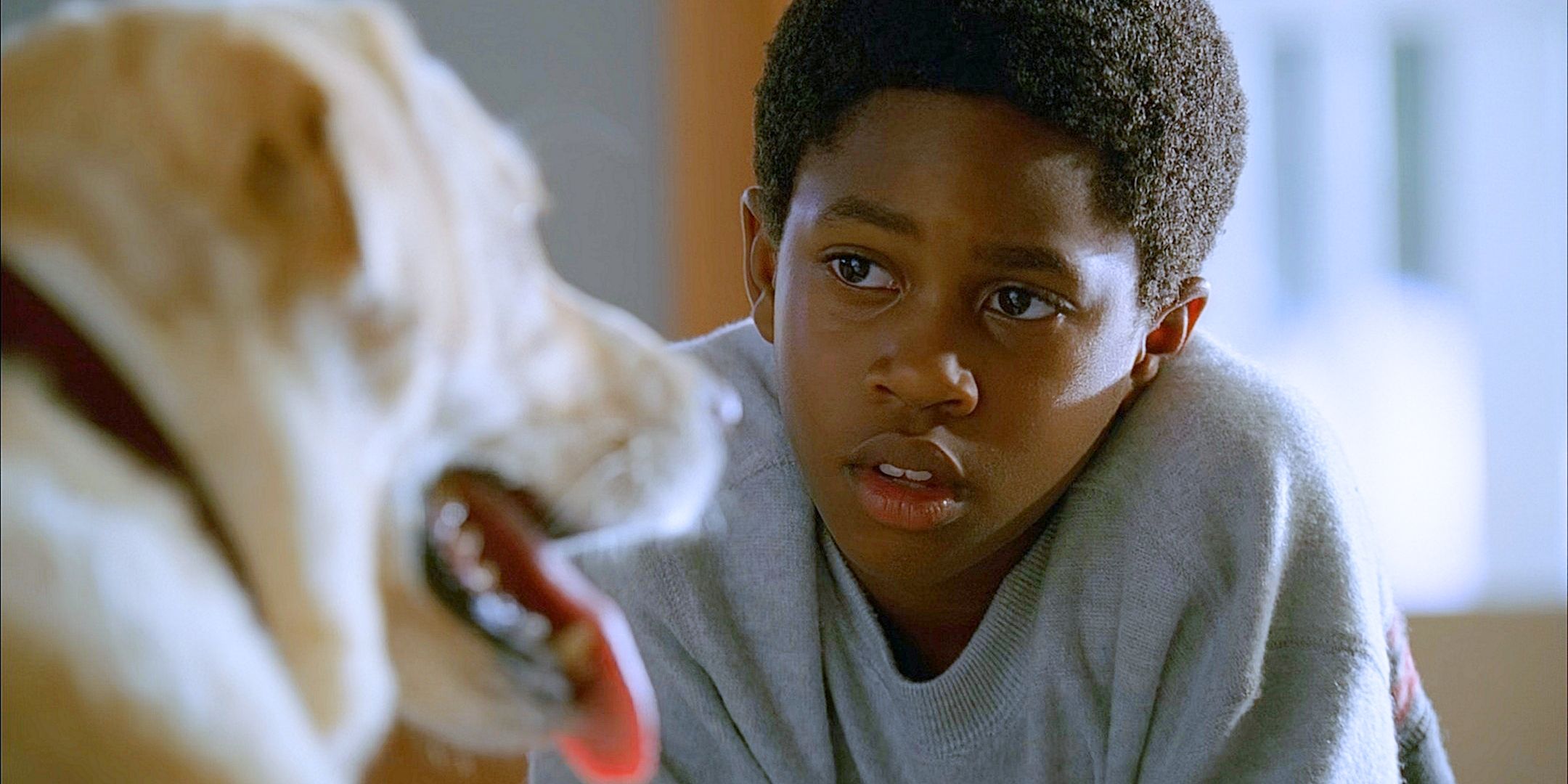
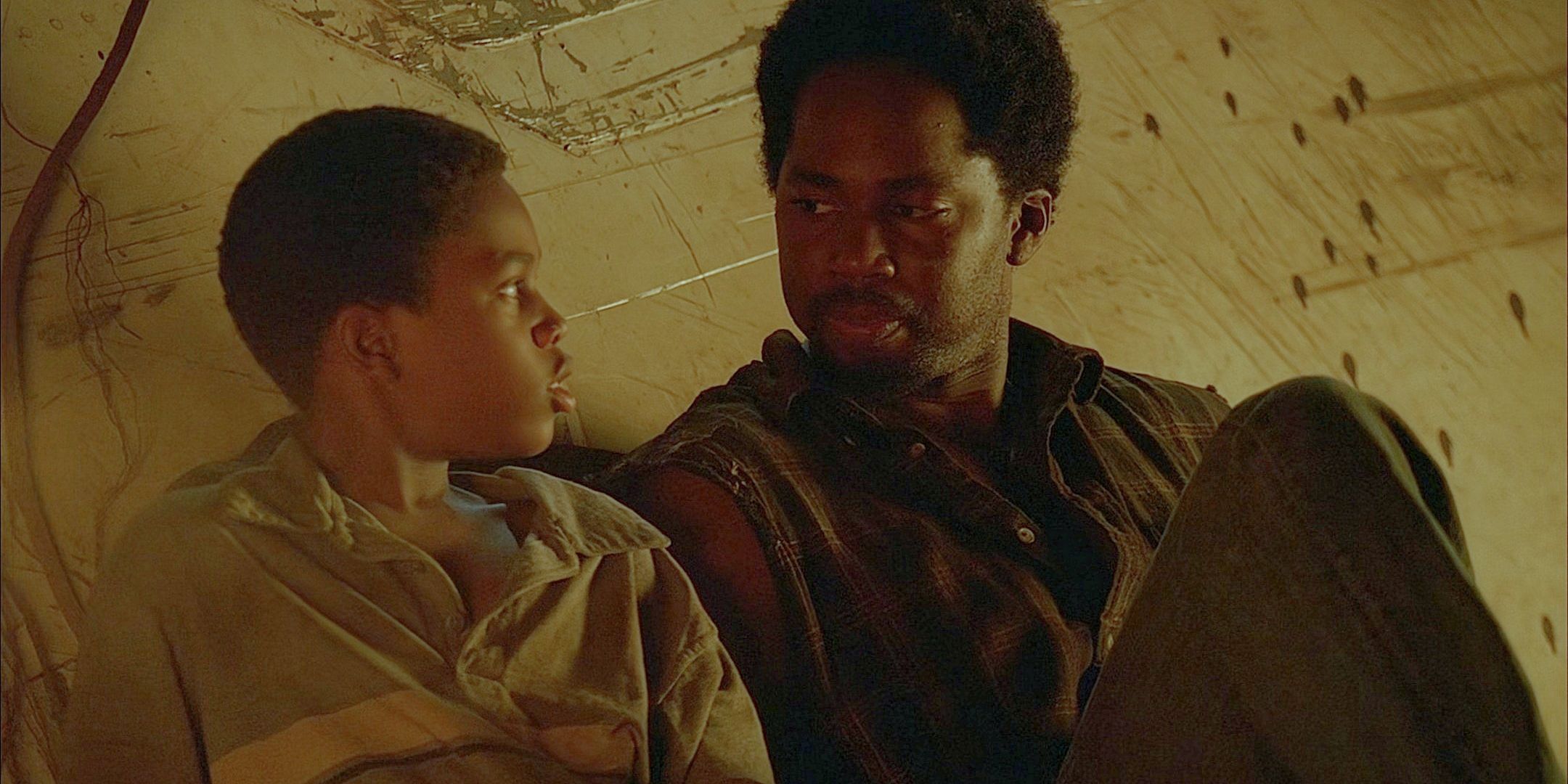
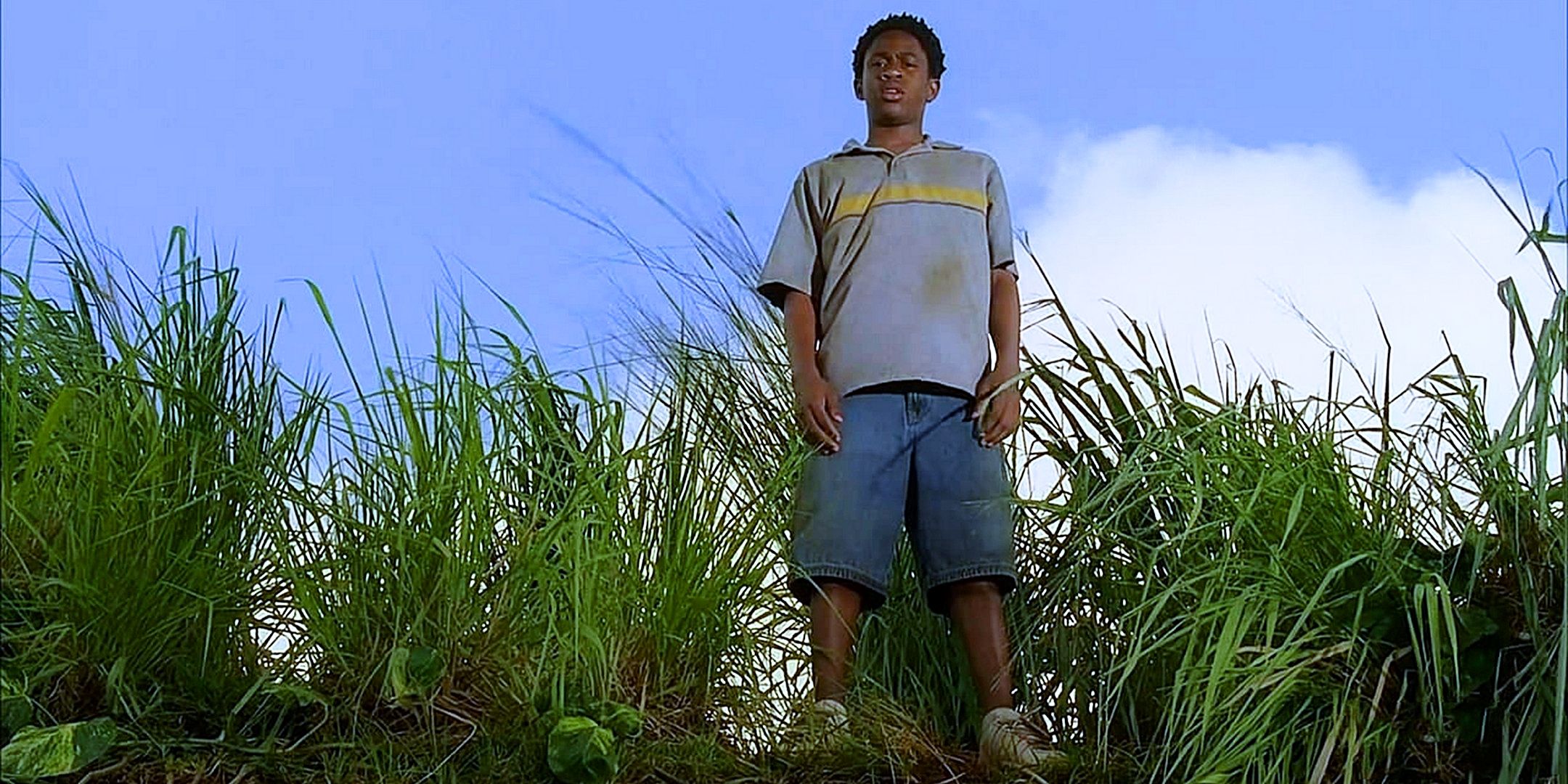
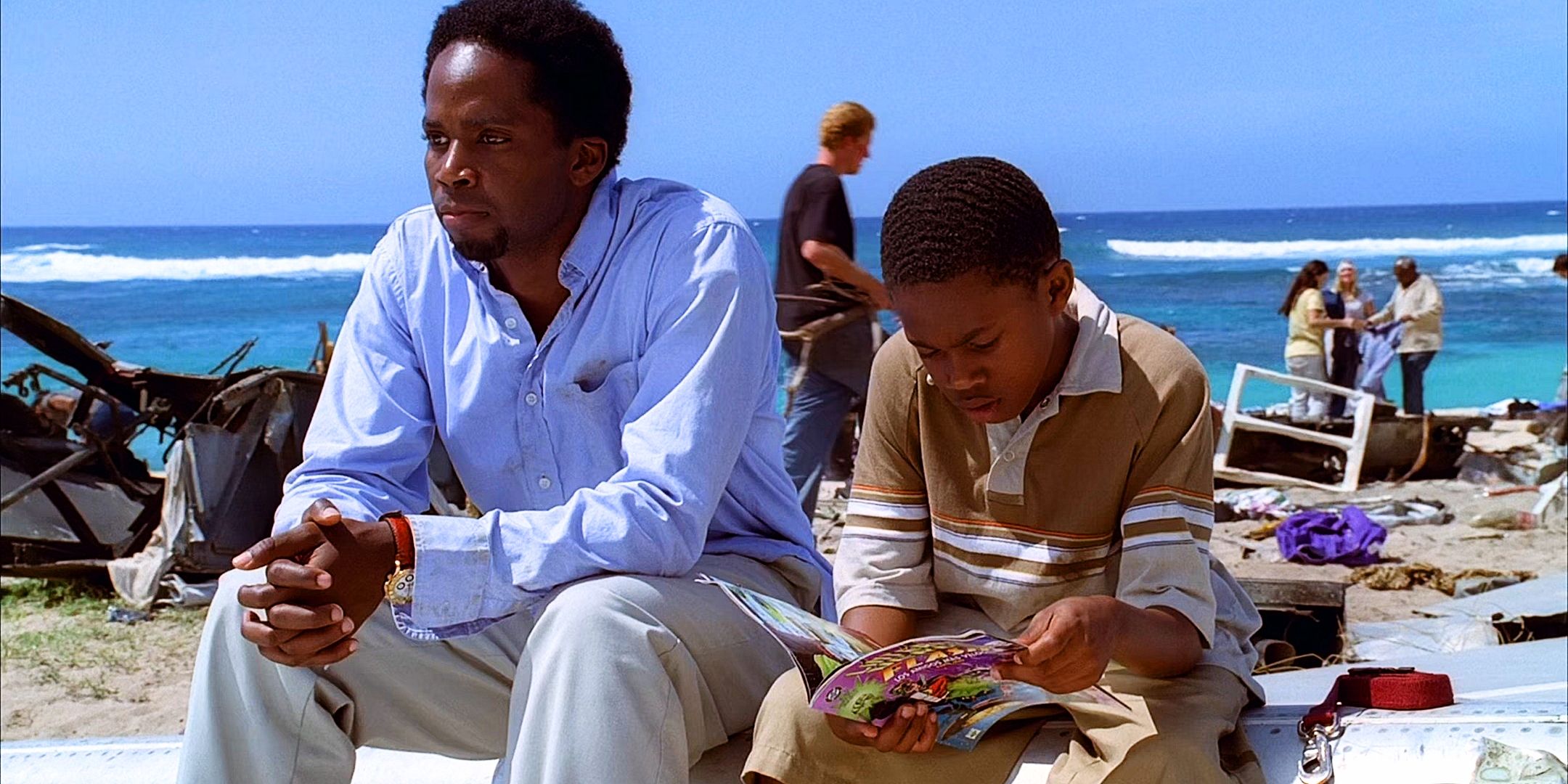
Many fans are perplexed about the finale, but it’s not just the ending that’s causing confusion – it’s also Walt’s mysterious abilities. In the initial season, Walt seems to possess unusual, potentially supernatural talents. He inexplicably makes birds fly into windows and appears uniquely gifted in ways that others aren’t. The Others even go to extreme measures to capture him, hinting at his immense significance.
In the TV show “Lost,” after Walt leaves the island and ages more quickly than the narrative pace, his extraordinary abilities aren’t fully developed or explained. Subsequent appearances only casually mention these abilities, and the writers ultimately abandoned this storyline without resolution. This unfulfilled plot point remains one of the most significant mysteries for “Lost” fans, as many were hoping to see Walt’s powers play a pivotal role in the island’s enigmas, as hinted at during Season 1.
Read More
- Forza Horizon 5 Update Available Now, Includes Several PS5-Specific Fixes
- Gold Rate Forecast
- ‘The budget card to beat right now’ — Radeon RX 9060 XT reviews are in, and it looks like a win for AMD
- Masters Toronto 2025: Everything You Need to Know
- We Loved Both of These Classic Sci-Fi Films (But They’re Pretty Much the Same Movie)
- Valorant Champions 2025: Paris Set to Host Esports’ Premier Event Across Two Iconic Venues
- Karate Kid: Legends Hits Important Global Box Office Milestone, Showing Promise Despite 59% RT Score
- Eddie Murphy Reveals the Role That Defines His Hollywood Career
- Discover the New Psion Subclasses in D&D’s Latest Unearthed Arcana!
- Street Fighter 6 Game-Key Card on Switch 2 is Considered to be a Digital Copy by Capcom
2025-05-01 00:42